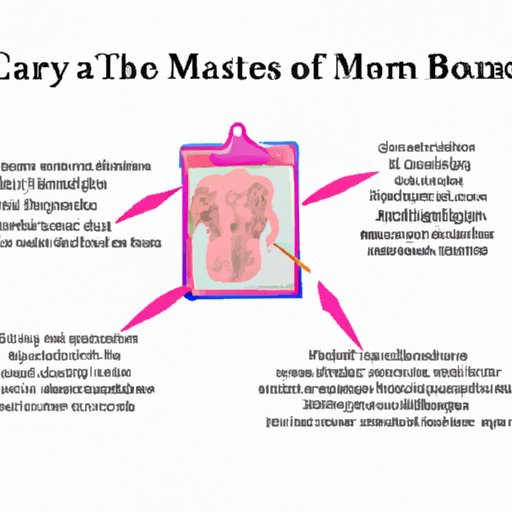
Introduction
Every woman’s breast journey is unique, but one thing remains constant: early detection is essential for treating breast cancer. Mammograms are a critical tool in catching breast cancer early, but there is still much debate about when women should start getting screened and how often. In this article, we will discuss the different guidelines, the importance of early detection, and debunk common myths surrounding mammograms. By the end, you will feel more informed and empowered about your breast health.
The Age-Old Question: When Should You Start Getting Mammograms?
Different organizations provide varying guidelines on when women should start getting mammograms. The American Cancer Society recommends beginning annual screenings at age 45, while the US Preventive Services Task Force suggests women begin at age 50, and every two years after that. Other organizations, like the National Comprehensive Cancer Network, recommend starting at age 40.
So, what’s the right age to start getting mammograms? Unfortunately, there is no one-size-fits-all answer. The decision should be made based on a variety of factors, including family history, personal health history, breast density, and personal preference. It is essential to have a conversation with your healthcare provider and determine a screening plan that is right for you.
Mammograms: Why Starting Early Matters
Early detection is crucial in treating breast cancer, which is why starting mammograms at a younger age can be beneficial. Mammograms can detect changes in breast tissue that may not have been noticeable on a physical exam. Finding cancer early increases the chances of successful treatment and reduces the risk of death from the disease.
It is essential to weigh the risks and benefits of starting mammograms early versus later. Starting mammograms too early can lead to unnecessary tests, anxiety, and radiation exposure. However, it’s crucial to remember that early detection can save lives and make treatment easier.
Debunking the Myths About Mammograms: A Guide to When You Should Start
One reason women may be hesitant to start getting mammograms is due to common myths surrounding the screening process. However, many of these myths are unfounded. For example, mammograms are not usually painful, and they are an accurate way to detect breast cancer.
When deciding when to start getting mammograms, it’s important to consider the evidence-based information and not be dissuaded by common myths. It’s also important to know what to expect during the screening process, such as what to wear and what the experience will be like.
Navigating Mammogram Guidelines: What You Need to Know
The different guidelines and recommendations for mammograms can be overwhelming, which can make it challenging to make a decision. It’s essential to understand the varying guidelines and choose a screening plan that feels right for you.
If you are unsure about when to start getting mammograms, talk to your healthcare provider. They can help you navigate the guidelines and make an informed decision about your breast health. They can also provide additional resources, such as support groups and websites, to help you feel more informed and empowered.
A Personal Story: When I Started Getting Mammograms
One woman’s experience with starting mammograms can provide helpful insights for other women. For example, a woman who began mammograms at age 40 due to a family history of breast cancer may choose to share her experience and provide advice for others in similar situations. Hearing personal stories can help women feel more supported and encouraged to make informed decisions about their breast health.
Conclusion
In conclusion, early detection is essential in treating breast cancer, and mammograms are a critical tool in catching breast cancer early. While the varying guidelines can be confusing, it’s important to connect with your healthcare provider and choose a screening plan that is right for you. By debunking common myths and hearing personal stories, women can feel informed and empowered about their breast health.
If you have any questions or comments about mammograms or breast health, please feel free to share them in the comments below.




